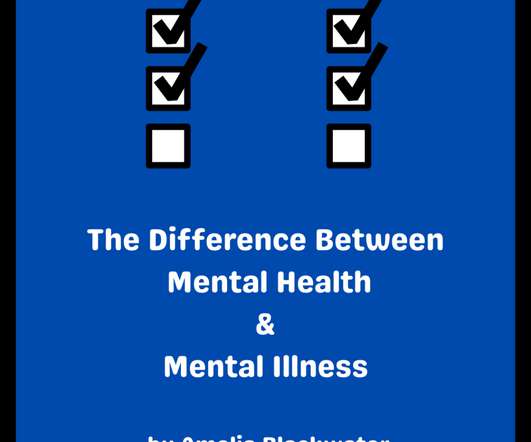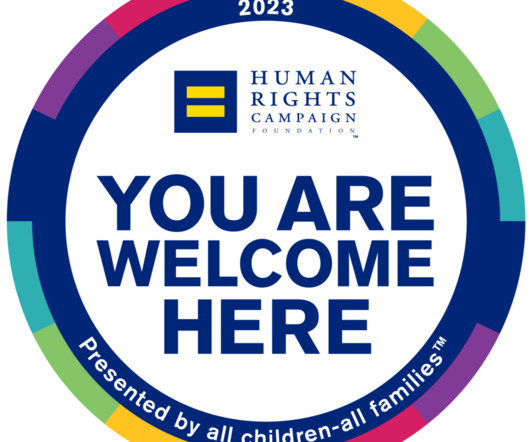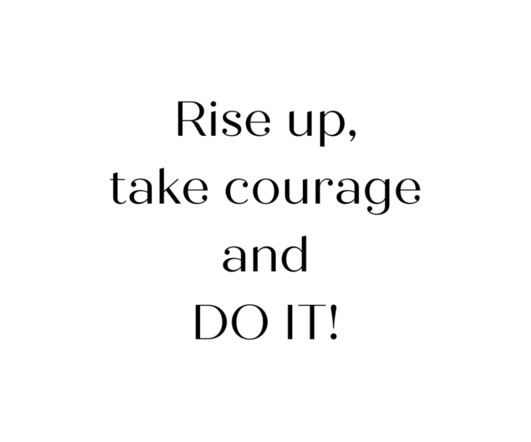Guest Post: The Difference Between Mental Health & Mental Illness by Amelia Blackwater
Bipolar Bandit
OCTOBER 27, 2021
The main groups of mental disorders are: * Anxiety disorders. Substance abuse disorders ex. Eating disorders ex. anorexia or bulimia. Mood disorders ex. depression or bipolar. Personality disorders ex. borderline personality disorder. Psychotic disorders ex. schizophrenia. drug addictions. Trauma-related disorders ex.















Let's personalize your content